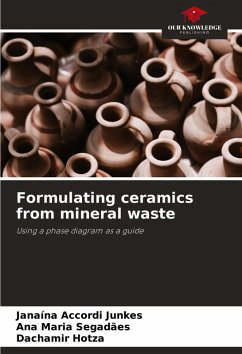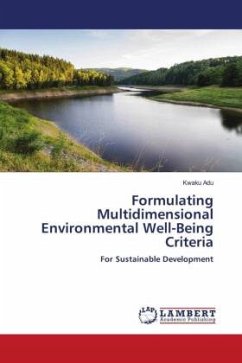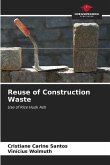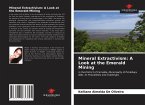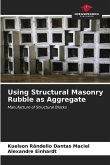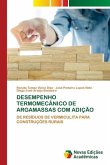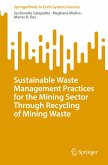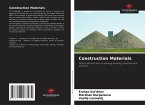In recent years, issues related to environmental preservation have acquired great relevance and one of the great challenges to be achieved is the recycling of materials discarded by the different productive sectors. Due to the damage caused to the environment by technological development through the disposal of waste, we sought to evaluate the possibility of using only industrial waste as alternative raw materials in the manufacture of ceramic tiles. Different industrial wastes classified as non-hazardous were selected: sludge from the gneiss crushing process, sludge from the varvite cutting and polishing process, sludge from the drinking water clarification/purification process and a clay also classified as waste. The applicability of this waste in the manufacture of rustic ceramics for cladding was guided by the phase diagram of the SiO2-K2O-Al2O3 system.
Bitte wählen Sie Ihr Anliegen aus.
Rechnungen
Retourenschein anfordern
Bestellstatus
Storno

